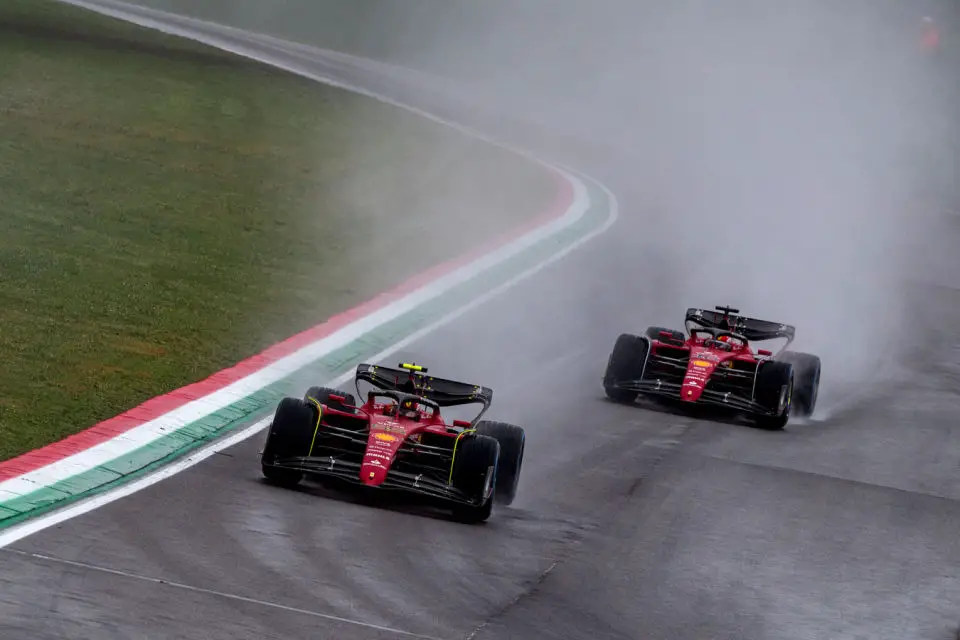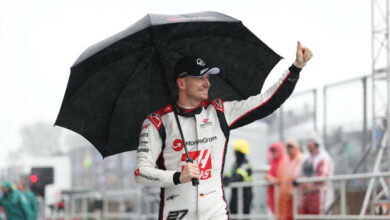F1 2026 Car Development Delayed: Key Decisions from the Abu Dhabi F1 Commission Meeting
In a pivotal meeting in Abu Dhabi, the F1 Commission has announced a delay in the development of the 2026 Formula 1 cars, with teams prohibited from starting work until early 2025. This decision mirrors previous postponements and is aimed at managing costs and leveling the playing field.
Key Takeaways:
- Development Delay for 2026 Cars: The F1 Commission’s meeting in Abu Dhabi concluded with a significant decision: no team is permitted to start developing their 2026 cars until January 1, 2025. This decision applies to the current generation of cars and is in line with past actions to manage costs and resource allocation efficiently.
- Sprint Changes for 2024 Season: Discussions are ongoing about modifying the sprint weekend format. Proposals include moving sprint qualifying to Friday and conducting both the sprint race and grand prix qualifying on Saturday, with overall support from the F1 Commission.
- Wet Weather Package Testing: The commission has approved further testing on the wet weather package, specifically a cover design for the tires to minimize spray. This follows an earlier test that did not yield the desired results, highlighting the ongoing efforts to improve safety and performance in adverse conditions.

In a recent and crucial meeting of the F1 Commission in Abu Dhabi, a significant decision was made regarding the development of Formula 1 cars for the year 2026. The commission has decided that teams will not be allowed to commence work on their 2026 cars until the beginning of 2025. This decision, expected to apply to the current generation of cars, is a continuation of the sport’s efforts to manage costs and resources more effectively, particularly in light of the challenges posed by the COVID-19 pandemic.
The pandemic in 2020 had a significant impact on Formula 1, leading to the postponement of the 2021 rules to 2022. To manage costs during these challenging times, it was also decided to restrict wind tunnel or CFD (Computational Fluid Dynamics) work until the start of 2021. The latest decision from the F1 Commission reflects a similar approach, with restrictions likely to be placed on pre-development work. Teams can engage in internal discussions and preparations for the 2026 season, but any concrete development activities are off-limits until the specified date.
This agreement underscores the strategic importance of timing in the development of new cars under the evolving regulations. Teams will need to carefully plan their activities to maximize the effectiveness of their development efforts once they are allowed to start work on the 2026 cars.
In addition to the decisions about car development, the F1 Commission is also considering changes to the sprint weekend format for the 2024 season. Since its introduction, the sprint format has undergone several adjustments. The current format includes qualifying for the Grand Prix on Friday, sprint race qualifying and the sprint race on Saturday, and the Grand Prix on Sunday. The proposed changes involve moving the sprint qualifying to Friday and conducting both the sprint race and Grand Prix qualifying on Saturday. While there is overall support for this idea, further discussions are required to finalize the details. These changes could potentially include more points or even a reverse-grid element to add further excitement to the race weekends.
Another focus of the F1 Commission’s meeting was the development of a wet weather package to minimize the spray emitted by cars. This initiative is particularly important for improving visibility and safety during wet races. The commission has approved additional testing on a tire cover design this spring. An earlier test of this concept did not yield the expected results, indicating the complexity and challenges involved in this aspect of car development.
As the sport continues to evolve, these decisions by the F1 Commission reflect a commitment to balancing innovation with cost management and safety considerations. The coming seasons will undoubtedly be shaped by these strategic choices, as teams adapt to new regulations and continue to push the boundaries of what is possible in Formula 1 racing.



